February 13, 2020
Why Do I Write Blog Articles?
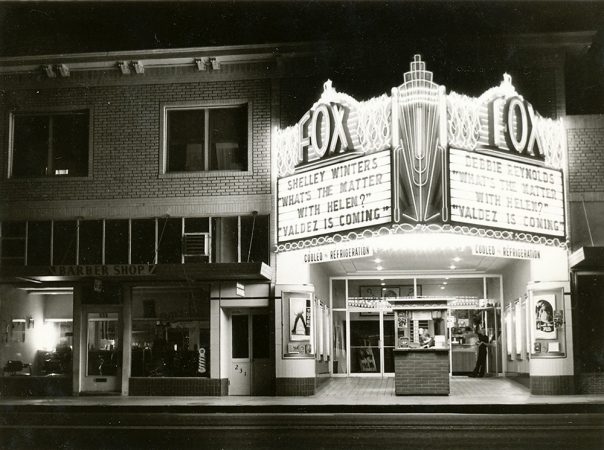
The Fox – Anaheim 1971
I was talking with some friends recently and they asked why I write these articles. I thought about my motivations and wanted to share them.
First, I don’t do it for the money…because there is none! I don’t sell advertising or subscriptions.
I don’t do it to win followers. I tend to alienate as many as I endear – just bring up Photographic Celibacy at your next gathering of photographers and see what happens.
Maybe I do it for the likes? No, I’m not very likeable.
Or perhaps I want to be an “internet influencer?” (I don’t really know what that means)
Here’s the truth of it: I write because I know there are many photographers out there who are in the exact same place that I found myself some 15 years ago::
- I didn’t believe I was creative
- I had no idea if I had a Vision
- I wanted more than winning ribbons and earning likes
I write about my experiences and what I’ve learned to help others who are find themselves in a similar place.
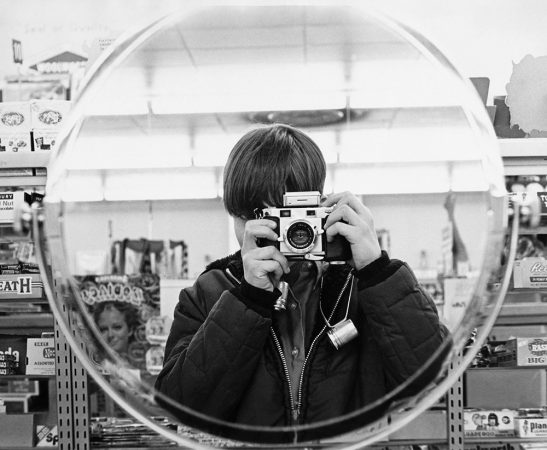
Self-Portrait – 1969
My Photographic Story
My story begins at the age of 14 when I was living in Rochester, NY. A friend and I were out hiking when we came across an old house that my friend said had once been owned by George Eastman. That piqued my interest and so I downloaded Eastman’s biography from iTunes…I mean I checked out Eastman’s biography from the school library (coincidently I’m re-reading that biography right now).
I was immediately fascinated by photography and before I had finished that book, before I had ever taken a picture or seen a print develop in the darkroom, I was convinced that I was destined to be a photographer. This sounds silly I know, coming from a 14 year old boy, but that is how I felt then and how I still feel today.
And so for the next several years, photography was my entire life. My every waking moment was spent reading, photographing and experimenting. I skipped so many classes because I was out photographing, that I barely graduated high-school.
I grew up with no art or music in the home, and because I was not taught to be creative, I came to believe that I wasn’t. I surmised that you were either born with the creative gene or you were not…and I definitely did not have it (this is something I frequently hear from other photographers).
This belief reinforced my conclusion that photography was the perfect art form for me. While it was creative, it was also technical. I decided that I could compensate for my lack of creative ability by excelling in the technical.
Looking back at that now, it seems like a silly thing to believe, but that’s what I thought…or perhaps what I hoped.
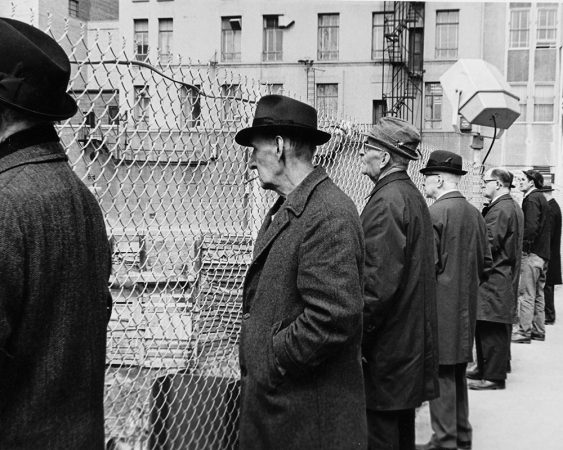
Men Watching Construction – 1970
I had been self-taught but now I was planning to attend College for a formal photographic education. But unexpectedly I had this jarring epiphany: if I chose photography as a career, it might become “just a job” and I could lose my passion for it. I didn’t want that and so I chose a career in business and planned on pursuing photography as a passion in my spare time.
What I didn’t know is that while raising a family and building a career, there would be little spare time left for photography. And so for the next 30 years, my personal photography largely languished.
Fast forward to 2004: my children are older, I have a little more free time and digital photography is making its way onto the scene. I decide that I’m now ready to return to photography and learn digital.
And so I picked up right where I left off: pursuing photography as a technical art and turning out average images that looked just like everyone else’s. They were technically good and followed the rules of composition but they were mundane and soulless. They could have filled a calendar of cliché images quite nicely, but they didn’t fill my soul.
I also began entering contests and started to win, which was exciting…at first. But I noticed that winning didn’t change my life and it didn’t make me any happier…and in fact the opposite seemed to be true.
Winning was leaving me with this empty feeling and I wasn’t sure why.
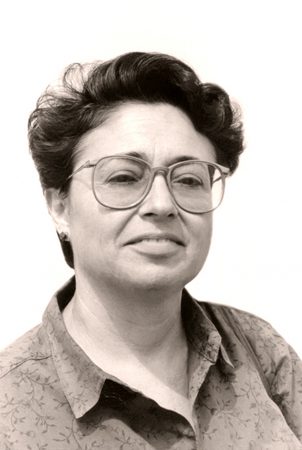
Vered Galor
About this time I made friends with an artist, Vered Galor, who became my mentor. She and I could not have been more different: she was an artist who created using photography and I was a technically oriented photographer who documented. These differences were the basis for many a “spirited discussion” about photography and art. Vered would encourage me to be creative and I’d resist, telling her that I thought it was a photographic sin to “manipulate” an image.
Looking back, the truth was that I didn’t know how to create and I didn’t believe that I had it in me. I told myself that I wasn’t creative for so long, that it had become a fact.
Fortunately, Vered was stronger willed than I was and she kept pushing me to move beyond documenting. Slowly I started down the path by first desiring to be creative and then by believing it was possible.
One thing that I did to help me remember my goal of becoming an artist, was to change the words that I used. For example, instead of saying that I was a photographer I would tell people that I was an artist who used photography. You cannot imagine how phony I felt doing this! I could barely call myself an artist without feeling guilty and blushing.
But it reminded me of what I wanted to become.
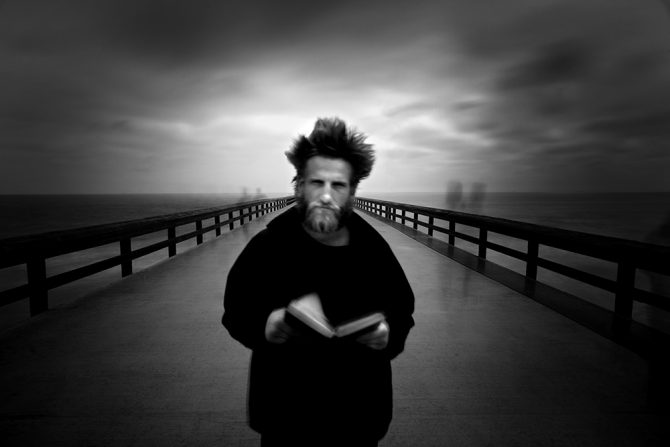
The Angel Gabriel
My focus on being creative was starting to work and I soon began “creating images” more often than “taking pictures.” The Angel Gabriel was the first image that I consciously “created” and it remains to this day one of my best images.
Thanks to Vered’s influence, I had started to transform from photographer to artist. I wish you could have known me back then so that you could appreciate the magnitude of the transformation that has taken place.
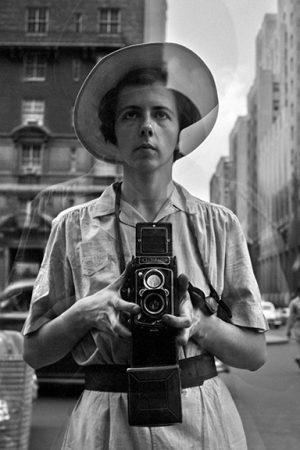
Vivian Maier
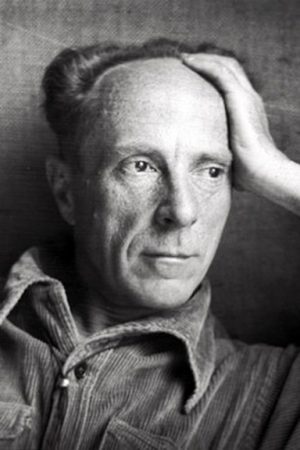
Edward Weston
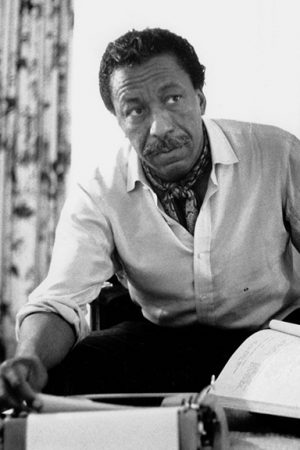
Gordon Parks
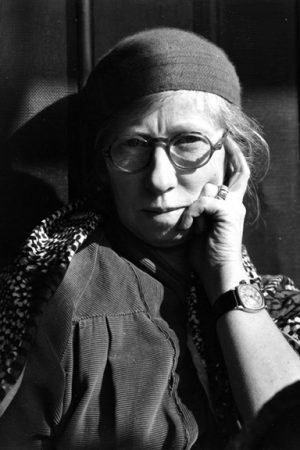
Imogen Cunningham
What about this idea that some people are just more creative than others? Look at artists such as Weston, Cunningham, Parks and Maier…they seem more creative than the average photographer.
Perhaps these artists are more creative because they have focused on their creative side more. I spent 50 years focusing on the technical and my creativity atrophied. Can I really expect to be their creative equal after only a few years practice?
If you want to be creative, focus on the creative.
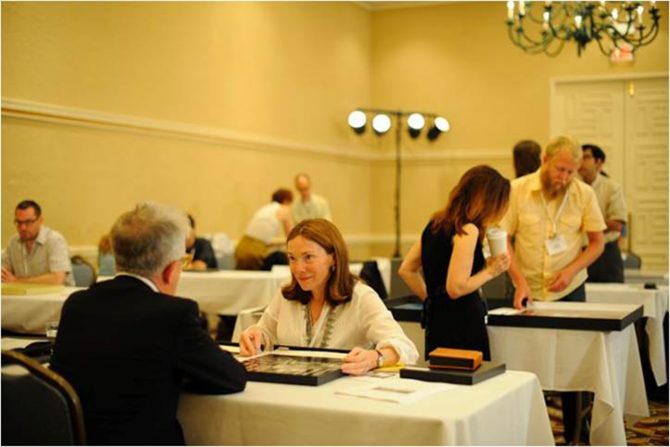
Review Santa Fe
Finding My Vision
Several years ago I was attending Review Santa Fe where over the course of a day my work was evaluated by a number of gallery owners, curators, publishers and “experts” in the field.
During the last review of a very long day, the reviewer quickly looked at my work, brusquely pushed it back to me and said “It looks like you’re trying to copy Ansel Adams.” I replied that I was, because I loved his work! He then said something that would change my life:
“Ansel’s already done Ansel and you’re not going to do him any better. What can you create that shows your unique vision?”
Those words really stung, but over the next two years the message did sink in: Was it my life’s ambition to be known as the world’s best Ansel Adams imitator? Had I no higher aspirations than that?
I desperately wanted to know if I had a Vision, but there was a huge problem: what exactly was Vision and how did I develop it?
I researched Vision but I couldn’t relate to the definitions and explanations that I found. Was it a look, a style or a technique? Was it something you were born with or something you developed?
And then there was the nagging doubt: what if I didn’t have a Vision? I feared that it was something you either “had” or you “didn’t have” and perhaps I did not?
And how was I to go about finding my Vision?
With so many unanswered questions and with no idea on how to proceed, I simply forged ahead with what made sense to me. I came up with 10 ideas that would help me determine if I had a Vision.
I really was proceeding blindly, but I believed that if I listened to my own desires, pursued what I loved and eliminated all other voices, I would learn something about my Vision.
I did this for two years and there were many times that I became discouraged and didn’t feel like I was making any progress. I didn’t really know what I expected to happen, perhaps I thought I’d have a revelatory experience where my Vision would suddenly appear in a moment of inspiration!
But that didn’t happen.
And then one day it just occurred to me: I understood…I understood what my Vision was.
It came in an anti-climatic and quiet moment of understanding, and after all of that worrying and angst…it now seemed so incredibly simple. Vision was not something I needed to acquire or develop, it had been there all along and all that I needed to do was to “discover” it.
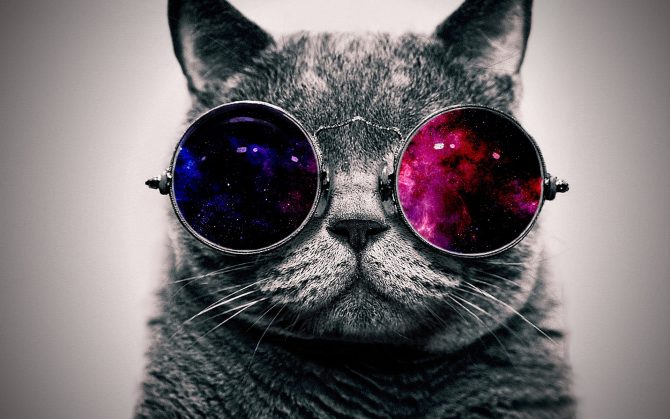
Vision is simply how you see the world!
Vision was simply the sum total of my life experiences that caused me to see the world in a unique way. When I looked at a scene and imagined it a certain way…that was my vision.
My Vision had always been there, but over the years it had been obscured by what I call “Vision Blockers.” Some of my Vision Blockers were:
- Valuing other people’s opinions over my own
- Imitating other photographer’s work, look or style
- Creating for recognition
- Following the rules
- Conforming
- Caring what others think of my work
Once I learned to “let go” of all of these bad habits and insecurities, my Vision was set free. It was no longer constrained by rules, expectations or dishonest motives. It was such a great feeling to know that I could do anything that I wanted, nothing or no one could hold me back.
After finding my Vision and living with it for a while, I came to conclude that Vision has little to do with photography or art, but has more to do with being a well-adjusted, confident and independent human being. Once I had the confidence to pursue my art on my terms, I was free to pursue my Vision without fear of rejection or need for acceptance.
Something else I learned about Vision: it is not a look or a style. It does not force you to focus on one subject or genre and following your Vision will not make all your work look the same.
Vision gives you the freedom to pursue any subject, create in any style and do anything that you want.
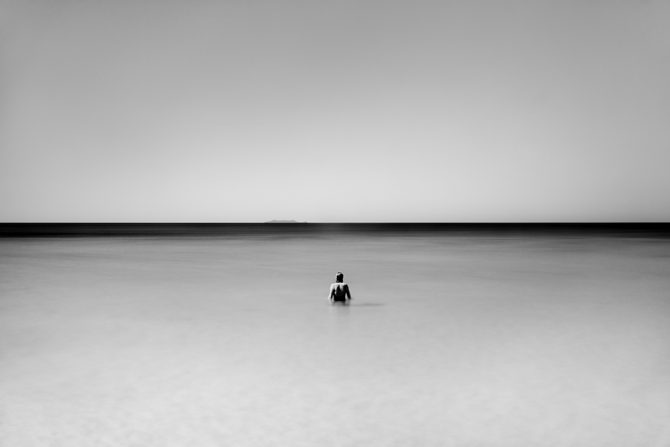
Lone Man No. 35
Wanting More Than Winning Ribbons and Earning Likes
I talked about how winning was increasingly leaving me with this empty and hollow feeling. The problem I concluded, were my motives. I wasn’t creating for myself, but rather I was creating for validation, accolades and wins.
When I created for accolades, my motives were not “honest” because I was creating for the wrong reasons. And when I created for other’s approval, the images were not really mine.
I wanted to love my work even if other people did not. I wanted my opinion of my images to be the only one that mattered.
Learning to do this was hard and uncomfortable work, it required me to honestly evaluate my motives. At one point I asked myself this question:
If I had to choose between creating images that I loved,
or images that sold and won accolades, which would I choose?
It was really, really hard to be completely honest with myself, and it still is. I love the win, the attention, the likes…but if that is the reason why I create, then my work will not fulfill me and it will fail to convey conviction to the viewer.
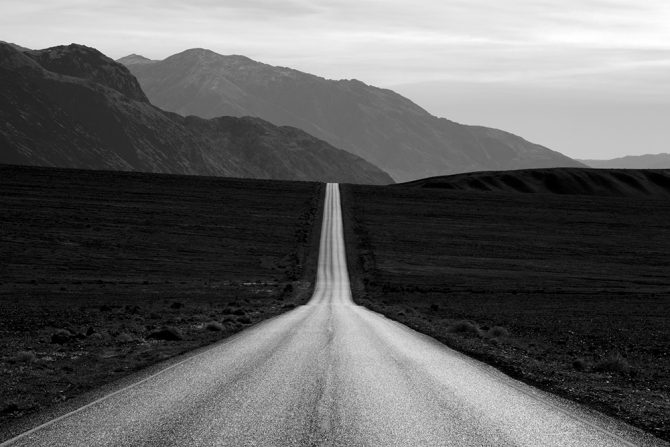
The Road to Nowhere No. 1
Sometimes I still create dishonest images, and each time I see them I feel a pang of guilt. The Road to Nowhere No. 1 (above) is one such image (but that’s a story for a future article).
Conclusion
What I’ve learned and believe is:
- We all have the ability to be creative, even the biggest, nerdiest, technical photo nut among us. Even those who insist they are not creative. Even those who have just read this article and still insist they are not creative.
- We all have a Vision, in fact you cannot not have a Vision. Vision is simply how you see the world when you strip away all of your Vision Blockers.
- Creating images for yourself and images that you love will bring meaning and satisfaction to your photography that far outlasts accolades, wins and likes.
If you find yourself where I was 15 years ago, and you want more…then I’m here to tell you that it’s possible.
How do you get started? Try reading my article on ” How I found My Vision ” for some ideas on how to proceed.
Cole
P.S. And after reading the article, please don’t write to tell me how much you disagree with Photographic Celibacy! I know, I know, I know

You have outdone youself. Again. Thanks for sharing your insights and thanks for helping us all who love the craft but struggle day in day out.
I started reading this blog from the last post then I asked myself why does this photographer write blogs? Then I scrolled down and found this. The photos I really like to create have drawn quite some criticism and concern. Morbid, dark, is she depressed? Well-meaning friends asking, why take photos like this? I then started making high key images, colorful images, I can create anything. It’s easy these days. People liked it. But I didn’t and stopped photographing. Thanks for this post.